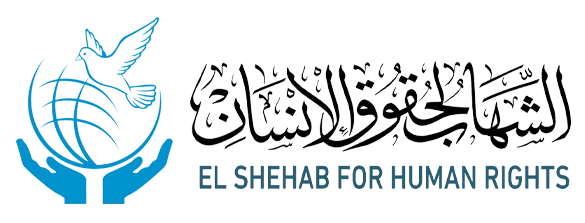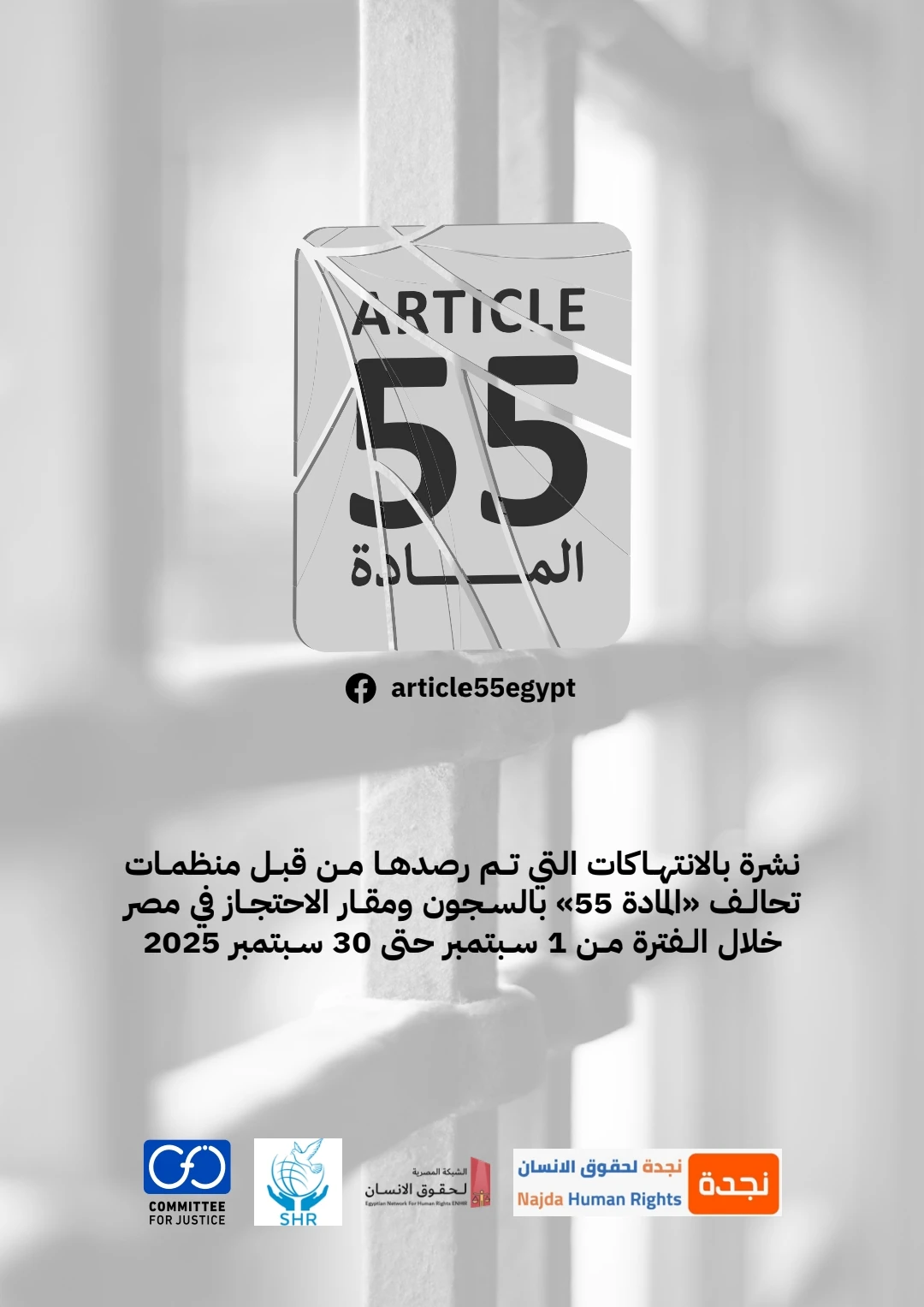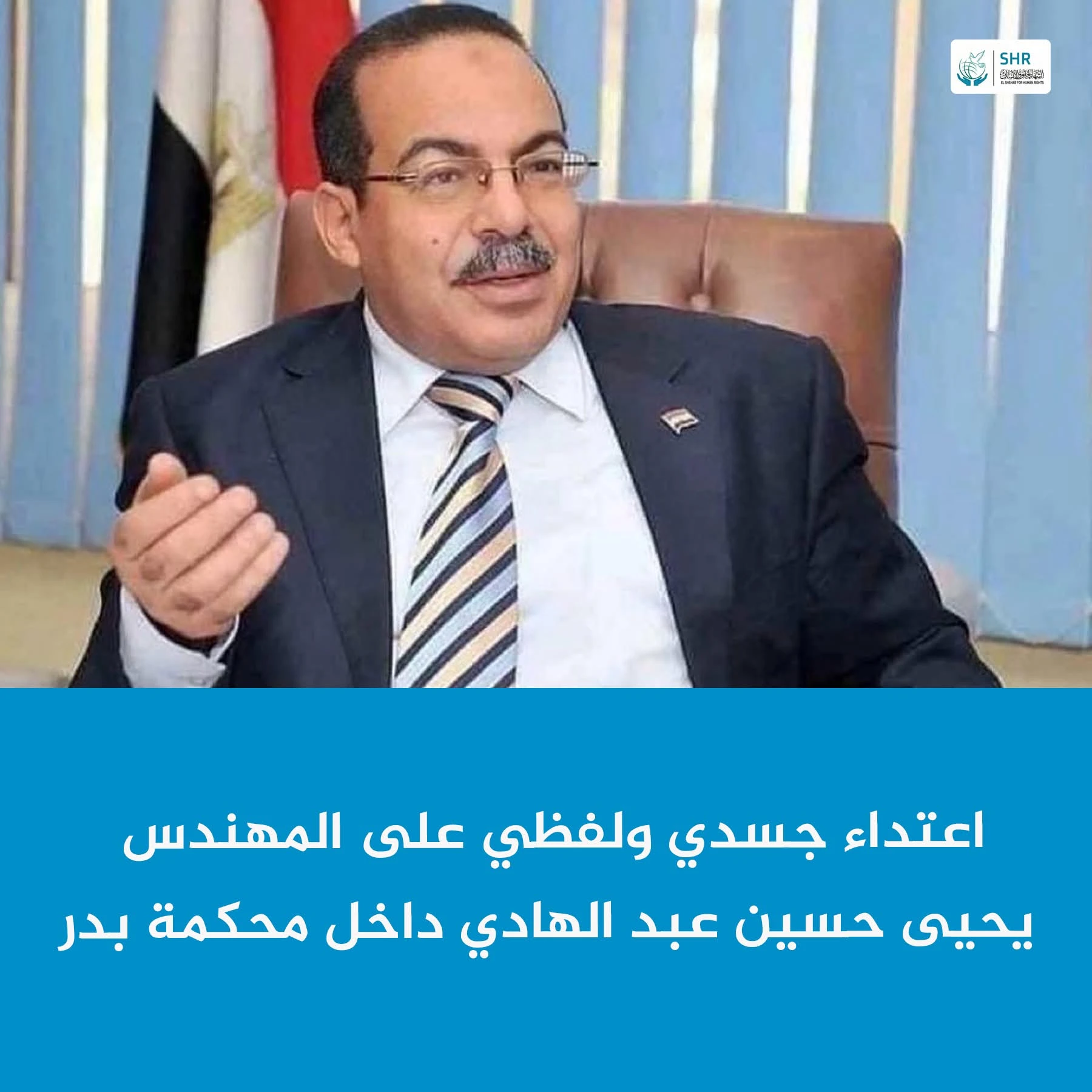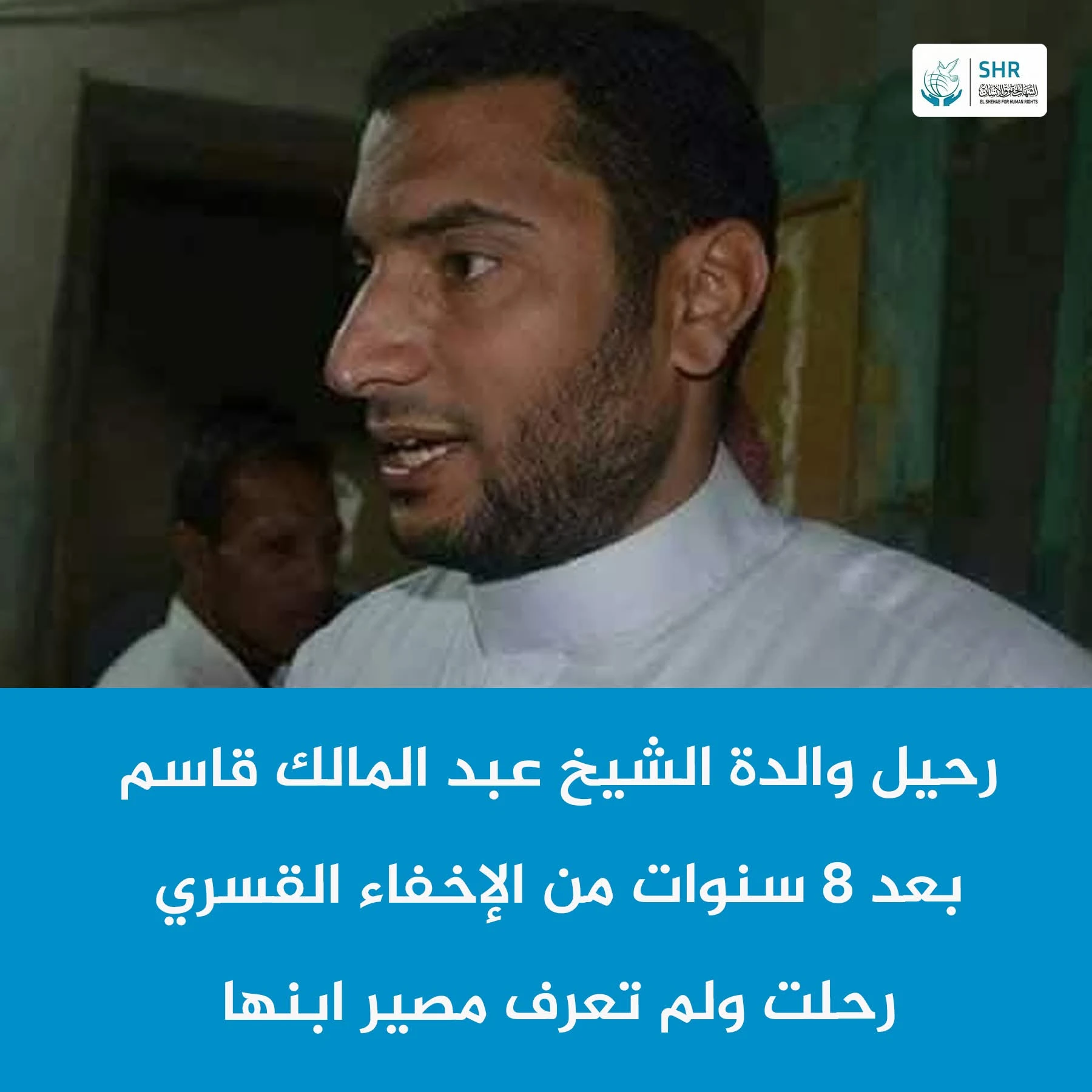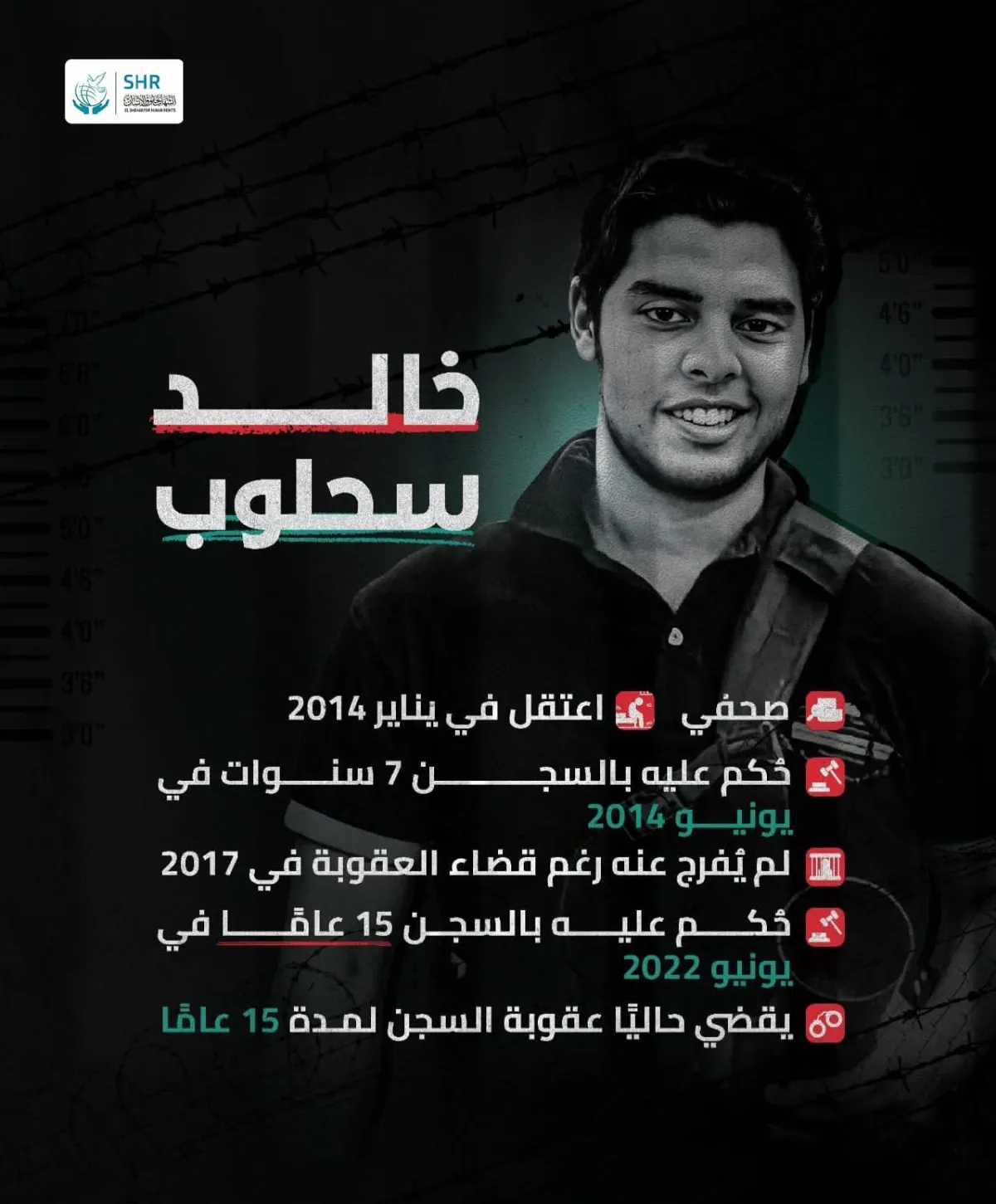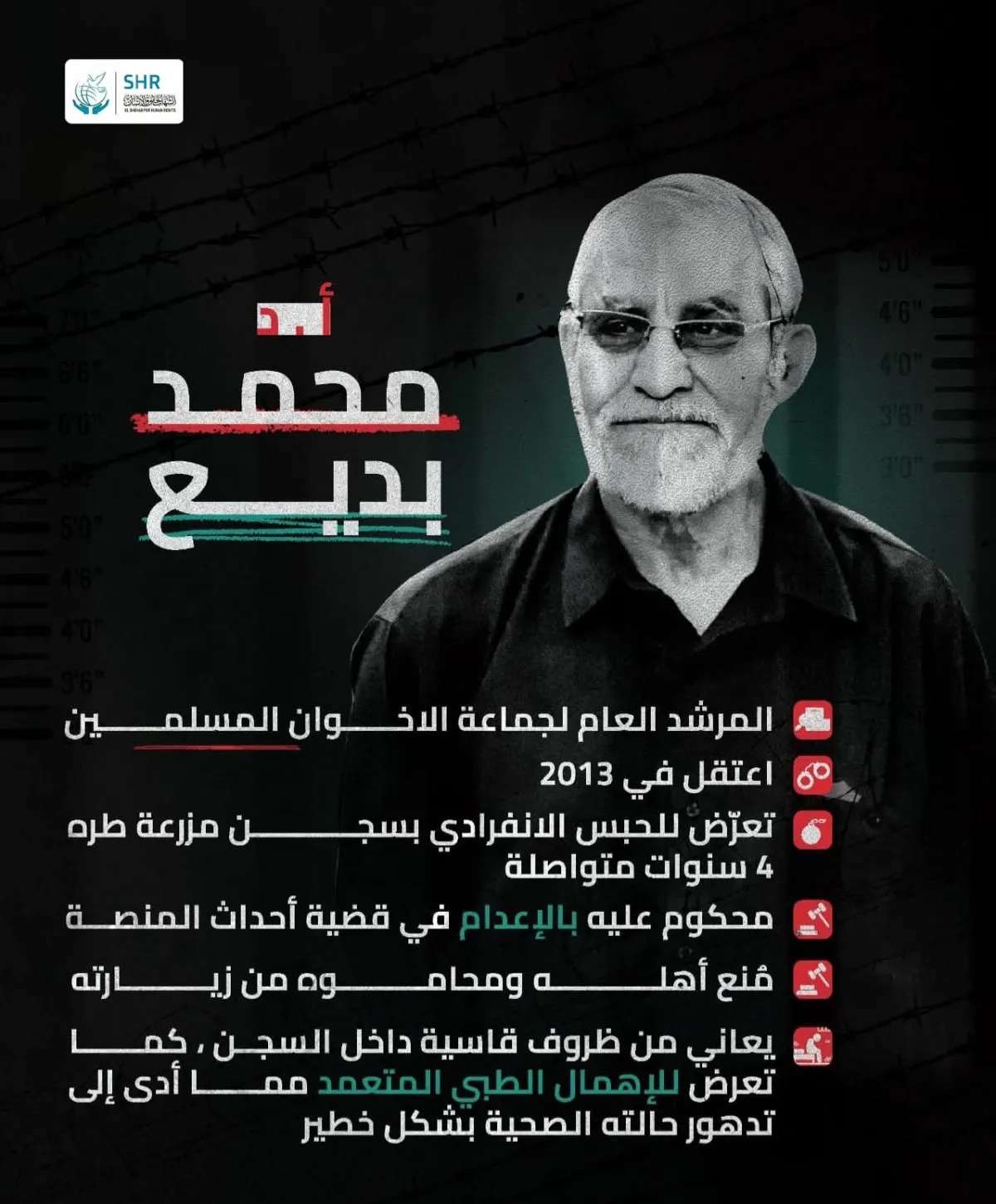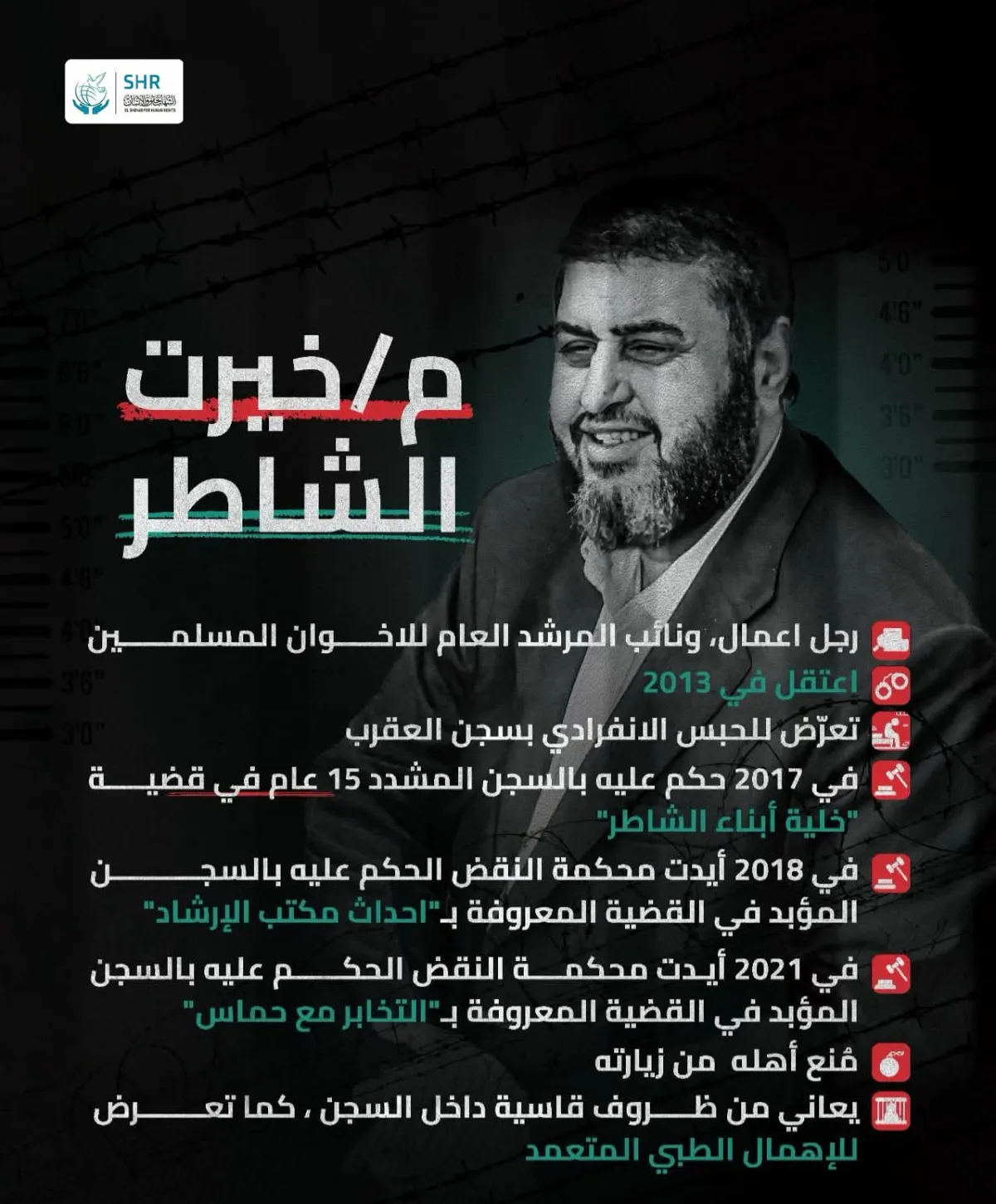The 55th Article Coalition monitors violations inside detention facilities in Egypt during the period from September 1 to September 30, 2025.
The organizations of the “55th Article” Coalition issued their monthly periodic report, highlighting the most significant human rights, legal, and judicial developments in Egypt during September 2025, along with a precise monitoring of the violations that occurred inside prisons and detention facilities run by the Egyptian security authorities.
– The human rights, economic, and political reality in June:
In September 2025, Egypt witnessed a series of political, economic, social, and human rights developments that reflected the continuation of internal crises amid the complexities of the regional scene. The siege and attack on Gaza continued, with the ongoing prevention of aid piling up in Sinai despite repeated attempts to deliver it. This prompted activists to launch the “Global Resilience Fleet” from the city of Barcelona, heading to several countries, including Gaza, in an attempt to break the siege, comprising 50 small boats and 300 activists from 44 countries.
In a tense regional context, the strike against Qatar sparked a wide wave of international solidarity, seen as a violation of sovereignty, raising fears of potential targeting of faction leaders within Egypt. However, reports indicated that this scenario was unlikely, especially after Egypt warned against any interference with negotiators on its territory, and a summit was held in Qatar that did not meet the aspirations of the people to stop the war and deter aggression.
Economically, the UN envoy for financing development, Mahmoud Mohieldin, stated that the Egyptian economy has been revolving around crisis management for a decade, emphasizing the need to adopt a new path away from the policies of the International Monetary Fund, given the stagnation in growth rates and the inability of current programs to meet citizens' needs.
On the human rights front, authorities continued to adopt a strict security approach towards the press and activists. Despite a decision to release activist Alaa Abdel Fattah, which was widely welcomed in human rights and political circles, authorities simultaneously arrested researcher Ismail Alexandrani while returning from Marsa Matrouh, where he was presented to the prosecution, which ordered his detention again. Alexandrani had previously spent seven years in prison, facing charges related to spreading false news based on posts on his Facebook account.
Conditions in prisons also represented a highly dangerous issue, with continued distress calls from within prisons and detention facilities regarding mistreatment, medical neglect, denial of visitation, and the difficulty of humane living conditions.
Additionally, the month witnessed the death of 13 workers and injuries to 38 others with varying degrees of severity in an explosion at a boiler in the Al-Bashbishy spinning factory in Mahalla al-Kubra, in Gharbia Governorate. Around 4,000 workers at Egypt Aluminum in Nagaa Hammadi, Qena, went on strike in protest against the reduction of their share of annual profits.
August 2025 saw an escalation in indicators of a complex crisis gripping the Egyptian scene, intertwining political, economic, social, and human rights dimensions. Politically, the democratic impasse is evident in the absence of effective popular participation and the marginalization of opposing voices. Economically, citizens' suffering deepens amid the widening poverty and the absence of any tangible reform steps. Socially, threats related to water and housing security are increasing, negatively impacting societal stability. On the human rights front, campaigns of arrest and violations within prisons continue, amid rising international criticism condemning the deterioration of human rights conditions in the country.
– Violations inside detention facilities:
During September, the organizations of the “55th Article” Coalition documented a series of serious violations inside prisons and detention facilities, the most notable of which include:
Ibrahim Eid Saqr died of a heart attack while praying inside his cell in Wadi al-Natroun Prison, where he was undergoing a retrial in a political case.
Continued secrecy regarding the conditions of detainees in Badr 3 Prison, with their attendance at trial sessions being prevented, and an increase in cases of suicide and hunger strikes, amid complete isolation from the outside world.
Former Minister of Supply, Bassem Awad, was subjected to beating and threats from a national security officer to force him to end his hunger strike. Mohamed Beltagy faced physical and psychological torture and was isolated in a separate wing, with direct threats.
Anas Beltagy was subjected to beating and assault.
53 detainees from Abu Zaabal Prison were forced to transfer to the New Valley Prison despite their protests and open hunger strike, with some threatening to take their own lives.
Detainee Hisham Mamdouh sent a painful message describing his psychological and physical suffering inside Khalifa Police Station, detailing his experiences of beating and medical neglect, and his repeated attempts at suicide due to the harsh detention conditions.
The “55th Article” Coalition indicates that what is happening inside prisons and detention centers in Egypt is no longer mere individual violations but reflects a systematic pattern in dealing with detainees, especially those held for political reasons. The coalition considers that the absence of accountability mechanisms and the continuation of impunity policies have contributed to normalizing these violations, making them part of the operational structure of penal institutions.
In light of these facts, the coalition calls for an independent and comprehensive investigation into these violations and for holding those responsible accountable according to Egyptian law and relevant international standards, with a full commitment to international rules regarding the treatment of prisoners and ensuring a detention environment that respects human dignity and safeguards legally guaranteed rights.
